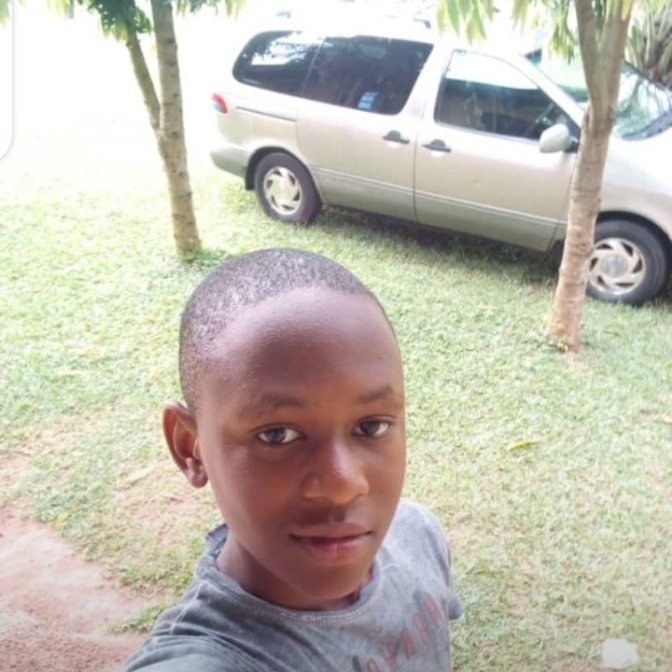Interview Questions
BLACKBOX AI
Manage Calls & Meetings – Join Our Team

What strategies would you use to clearly communicate BLACKBOX AI’s mission?
If I were communicating Blackbox AI’s mission, my main strategy would be to keep it simple, relatable, and consistent. I’d start by breaking down the mission into plain language that anyone can understand—no heavy jargon. People connect more when they see how the mission relates to their daily work, their problems, or their goals. Next, I’d use storytelling. Instead of just stating the mission, I’d show how it comes to life through real examples—maybe a customer success story or how the technology makes a complex task easier. Stories make the mission feel human and memorable. Another strategy would be to tailor the message to the audience. For potential hires, I’d emphasize purpose and growth. For customers, I’d highlight value and impact. And for partners, I’d frame it around collaboration and shared goals. The core mission stays the same, but the way it’s expressed should fit the audience. I’d also make communication consistent across all touchpoints—whether it’s social media, product demos, or internal meetings. Repetition, with a clear and positive tone, helps the mission stick. Finally, I think it’s important to embody the mission. People trust the message more when they see it reflected in how the team speaks and acts. So beyond words, it’s about making sure every interaction shows that Blackbox AI is serious about its mission.
BLACKBOX AI
Manage Calls & Meetings – Join Our Team

How would you handle a difficult candidate during a hiring call?
If I were faced with a difficult candidate during a hiring call, the first thing I’d do is remain calm and professional. I believe the interviewer sets the tone, so even if the candidate is defensive or uncooperative, I’d make sure my own tone stays respectful and steady. I’d listen to what they’re saying, because sometimes people just want to feel heard. After that, I’d acknowledge their point briefly, then guide the conversation back to the purpose of the call. For example, if they start going off-topic, I might say, “That’s a valid point, but let’s focus on how your experience connects with this role.” That way, I keep things on track without dismissing them. I’d also rely on structured, behavioral questions to make the conversation more objective and less personal. If the candidate is still confrontational, I’d set boundaries politely, making it clear we need to move forward. At the same time, I see a candidate’s behavior as useful data. If someone struggles to stay respectful or professional in an interview, that tells me a lot about how they might behave in the workplace. Finally, if it ever gets to a point where the candidate is being outright disrespectful, I’d wrap up the call calmly and let them know we’ll follow up later. For me, it’s about balancing professionalism with control of the interview.








